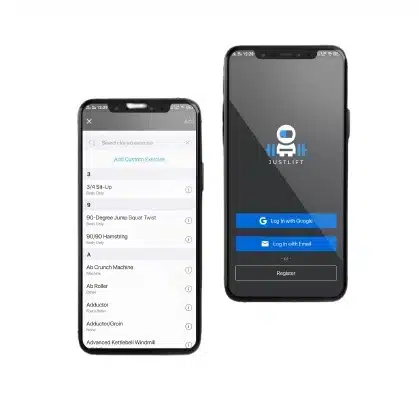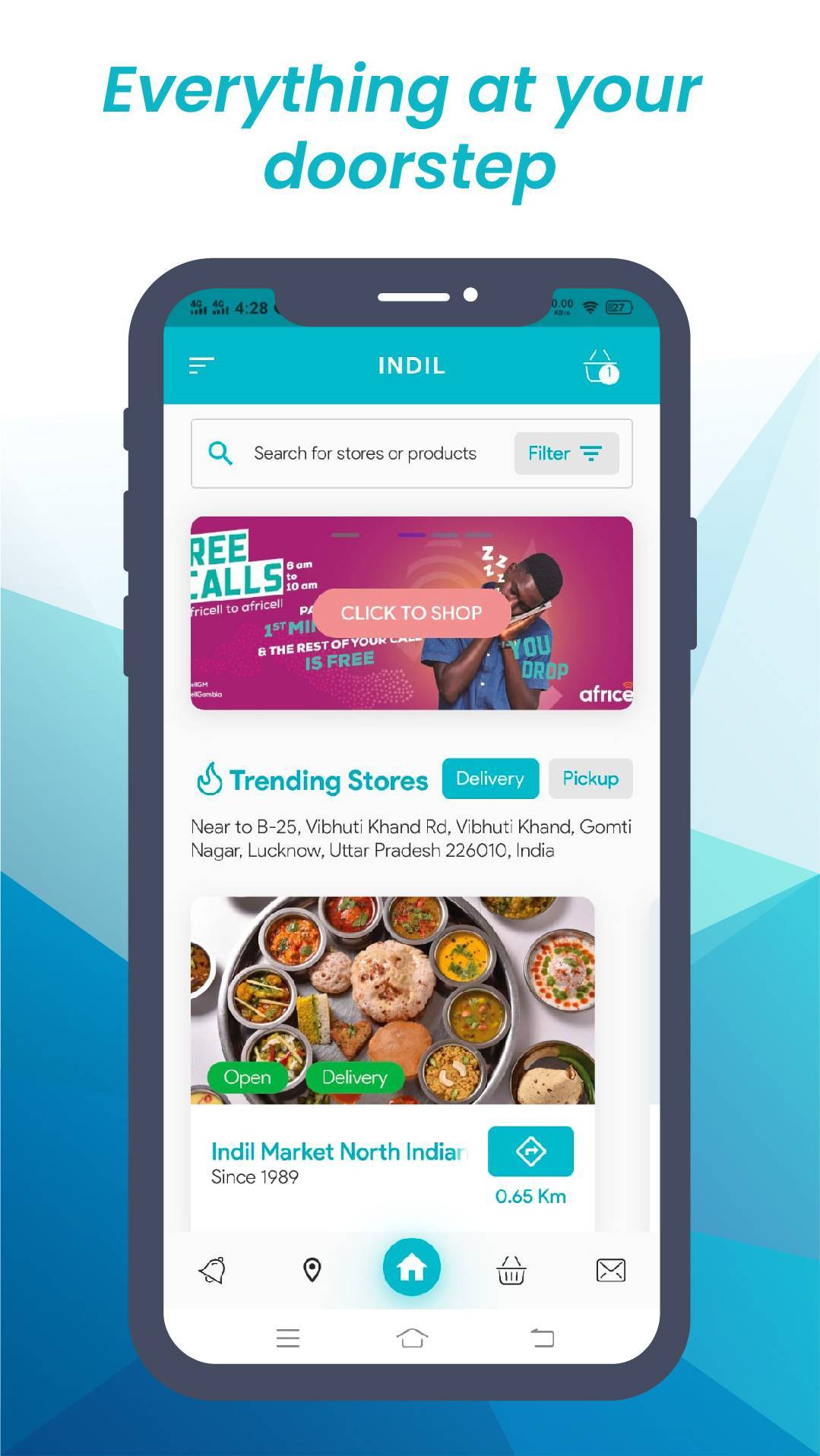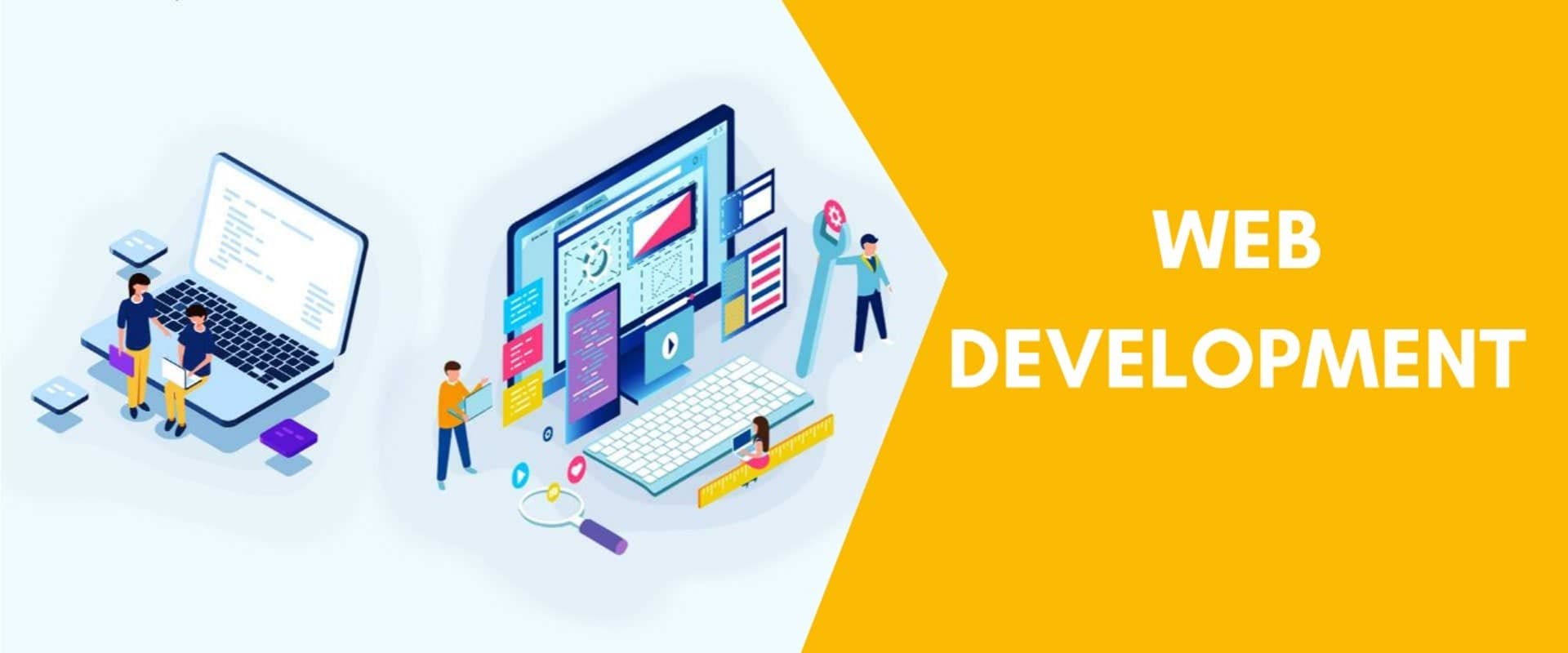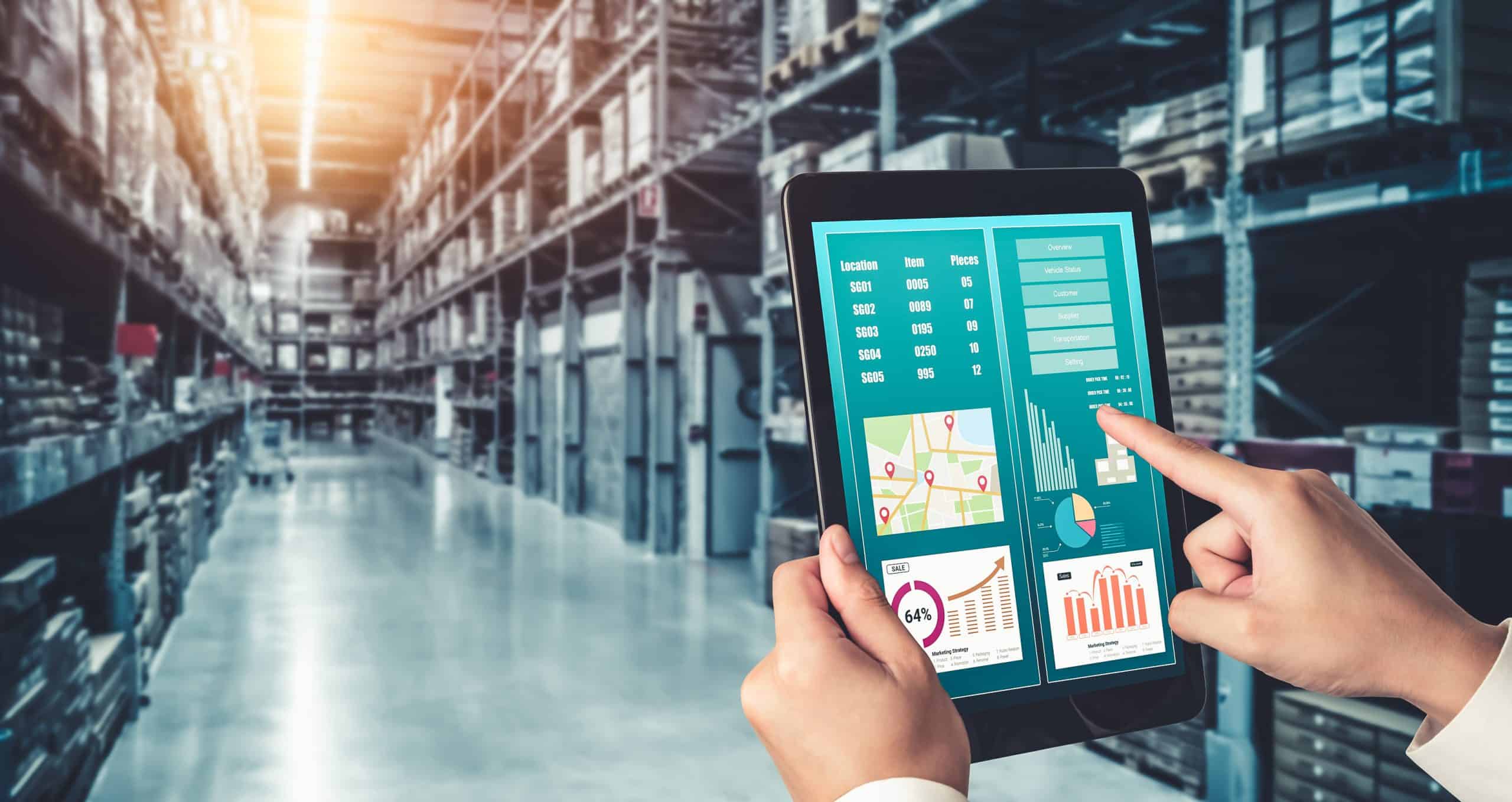
Revolutionizing supply chain management with advanced logistic software development services
Overcoming all operational barriers, one fleet at a time!
COLLABORATE WITH DBM
Transport and Logistics Software Solution
Services We Offer
Whether you are managing a fleet of vehicles, coordinating shipments, or overseeing inventory, our tailored software solutions provide the tools you need to stay ahead of the competition.

Custom Logistics Software Development
We create bespoke software solutions, from warehouse management to transportation management systems, tailored to your unique needs..

Fleet Management Solutions
Optimize your fleet with real-time tracking, performance monitoring, and maintenance management to cut costs and boost efficiency.
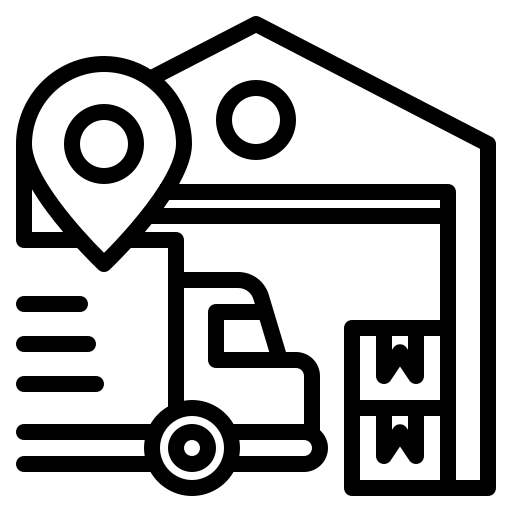
Warehouse Management Systems (WMS)
Automate inventory tracking and order fulfillment processes to streamline warehouse operations and improve efficiency.

Transportation Management Systems (TMS)
Plan, execute, and optimize your transportation logistics to ensure timely deliveries and cost savings.

Supply Chain Management (SCM) Software
Gain complete visibility and control over your supply chain, from procurement to delivery.
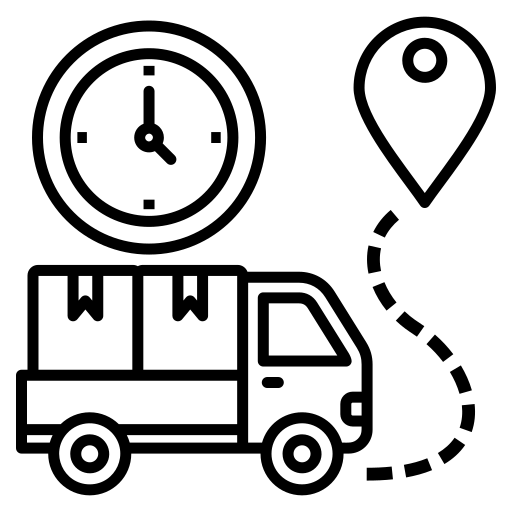
Real-Time Tracking Solutions
Monitor shipments and assets in real-time with GPS and other tracking technologies for accurate updates on your goods' status
Take the Next Step Towards Efficiency
Reach out now to discuss your project requirements and get a customized solution that fits your business perfectly.
Trusted by over 500 businesses

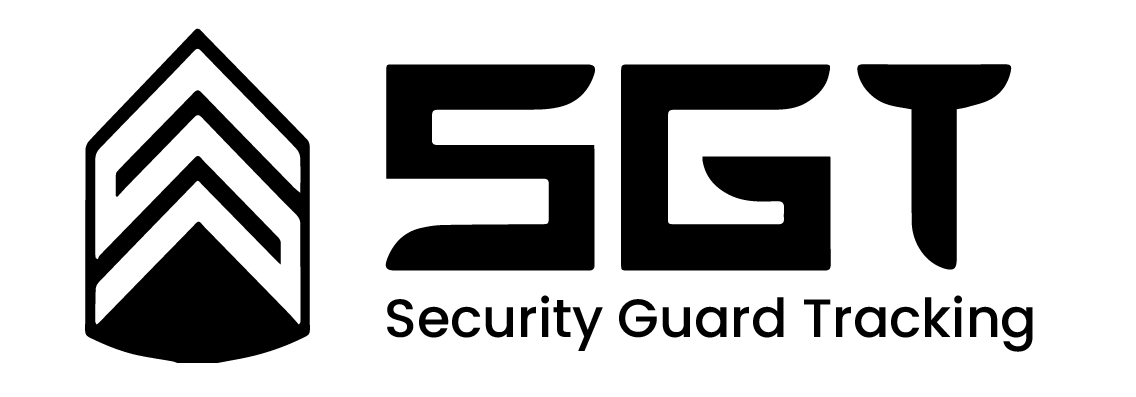























Hear from Our Happy Clients





Key Benefits of Developing Custom Logistics Software
Developing logistic software offers numerous benefits that can significantly enhance the efficiency and effectiveness of logistics operations.
Improved Efficiency and Productivity
Cost Reduction
Better Decision making
Enhanced customer service
Scalability and flexibility
Regulatory compliance
Improved accuracy and reduced errors
Enhanced collaboration and communication
Competitive advantages
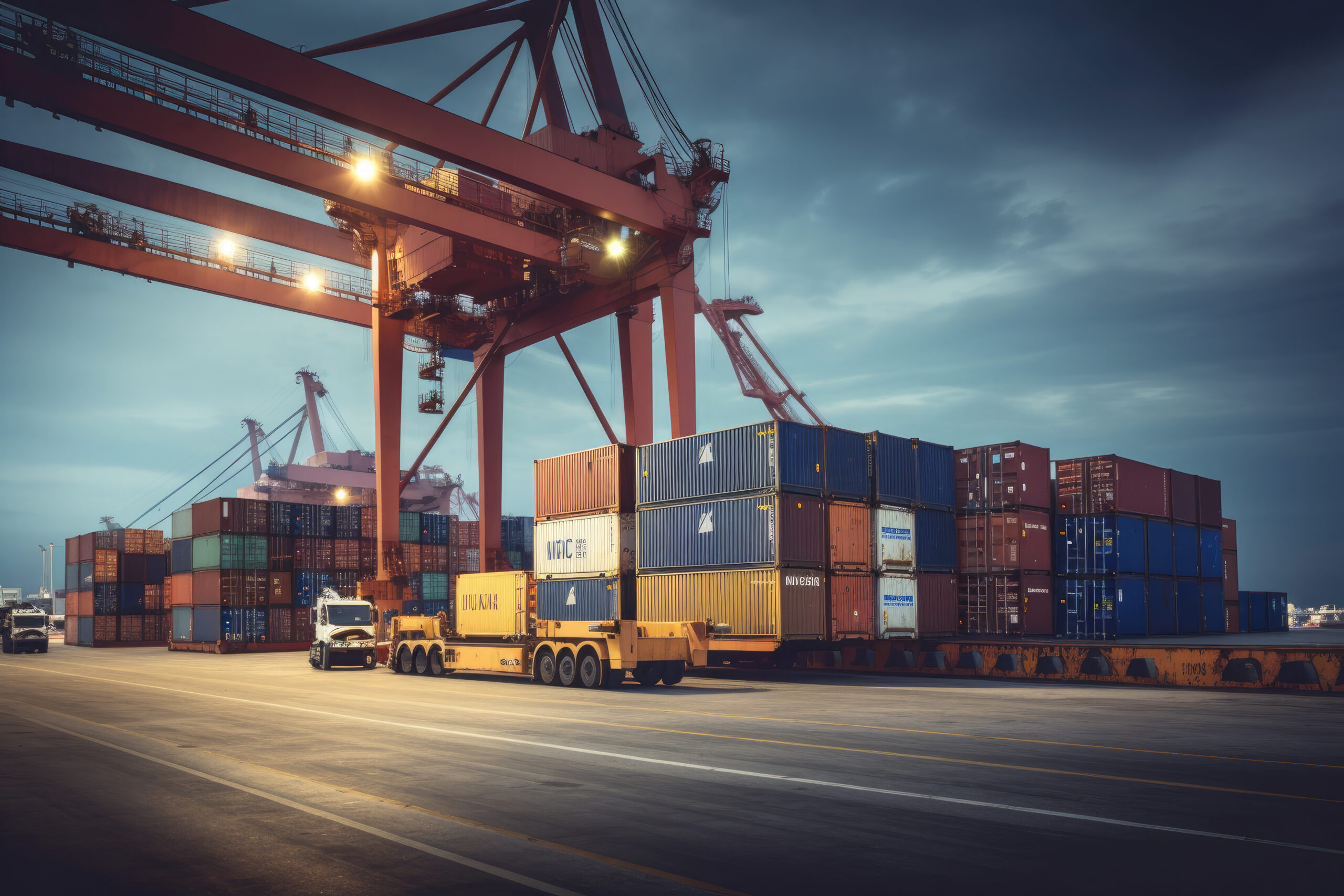
Why Choose Us?

Expertise
Seasoned developers with extensive logistics experience
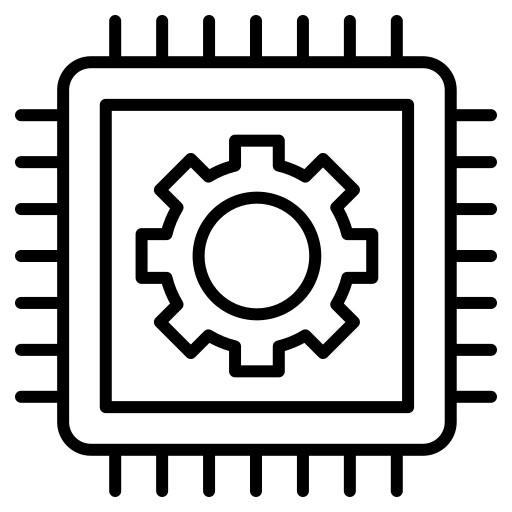
Innovation
Cutting-edge technologies for scalable solutions

Customization
Tailored solutions for your business needs.

Support & Securit
Dependable help and top-notch data protection
Key Technologies in Modern
Logistics Software Solution
Leverage cutting-edge technologies such as AI, cloud computing, IoT, big data, and automation to drive innovation, enhance efficiency, and improve decision-making across industries

Artificial Intelligence (AI)
Used for content recommendations, user engagement analytics, and moderation, AI enhances personalization and user experience.

Big Data Analytics
Analyzes vast amounts of user data to uncover trends and insights, helping businesses understand customer behavior and preferences.

Cloud Computing
Provides scalable storage and processing power, allowing platforms to handle large volumes of data and users efficiently.

APIs (Application Programming Interfaces)
Enable integration with other applications and services, facilitating a connected ecosystem and third-party development.
Steps in Developing High-Quality Logistics Software
Developing logistic software involves a systematic and structured approach to ensure the final product meets the desired requirements and is of high quality. Here are the typical steps involved in the development process:
1. Requirement Analysis
We gather and analyze your requirements to understand your vision and objectives.

2 Planning
We develop a detailed project plan, including timelines, milestones, and resource allocation.
3.Design
Our designers create wireframes and mockups to visualize the user interface and experience.

4.Development
Write and integrate code based on the design. Develop front-end, back-end, and databases.

5. Testing
We conduct thorough testing to ensure the platform is bug-free and performs optimally..

6. Deployment
We deploy the platform to your desired environment and ensure it is running smoothly.

7.Maintenance and Support
We provide ongoing maintenance and support to keep your platform up-to-date and functioning well.

Streamline Your Logistics Operations with Our Cutting-Edge Software Solutions at Digital Brain Media!
Case Studies
Frequently Asked Questions
Find quick answers to common questions and get the support you need instantly.
Can logistics software help with sustainability and reducing the carbon footprint?
Yes, logistics software can optimize routes to reduce fuel consumption, streamline inventory management to prevent overstocking, and provide insights into more eco-friendly transportation options. By improving operational efficiency, companies can significantly lower their carbon footprint and move towards more sustainable logistics practices.
What types of businesses can benefit from logistics software?
Logistics software can benefit a wide range of industries, including retail, manufacturing, e-commerce, pharmaceuticals, and third-party logistics (3PL) providers. Any business that deals with inventory, shipping, supply chain management, or warehousing can see improvements in efficiency and cost reduction.
How does real-time tracking in logistics software work?
Real-time tracking uses GPS, RFID tags, and Internet of Things (IoT) sensors to monitor the exact location and condition of shipments. Logistics software collects this data and provides visibility on a single platform, allowing businesses to track vehicles, inventory, and packages throughout the supply chain.
What role does artificial intelligence (AI) play in logistics software?
AI helps in predictive analytics, demand forecasting, and route optimization. AI algorithms can analyze vast amounts of data to identify patterns, predict delays, suggest efficient routes, and even automate decision-making in warehousing and distribution, significantly enhancing logistics operations.
Can logistics software handle multi-modal transportation?
Yes, advanced logistics software supports multi-modal transportation, which involves managing shipments across different modes like air, sea, rail, and road. It ensures seamless coordination, tracking, and optimization, regardless of the transportation method.
How does logistics software help in dealing with customs and international shipping regulations?
Many logistics software solutions have built-in compliance tools that automatically update with the latest customs regulations, documentation requirements, and tariffs. This ensures businesses avoid delays, fines, and compliance issues when shipping internationally.
What is the difference between cloud-based and on-premise logistics software?
Cloud-based logistics software is hosted on the vendor’s servers and accessed via the internet, offering flexibility, scalability, and lower upfront costs. On-premise software is installed on your local servers, giving you full control but often requiring higher initial investment and maintenance.
How can logistics software improve warehouse management?
Logistics software improves warehouse management by automating inventory tracking, optimizing storage layouts, reducing picking and packing errors, and improving stock visibility. It also helps forecast demand, ensuring you have the right stock levels to meet customer demand without overstocking.
Can logistics software help prevent theft and loss of goods?
Yes, logistics software can reduce theft and loss by providing detailed visibility into every step of the supply chain. Real-time tracking, RFID tags, and sensor alerts can notify businesses if goods are tampered with or deviated from planned routes, enhancing security.
Is logistics software customizable to fit specific business needs?
Absolutely. Most logistics software platforms offer customizable features to fit a company’s unique requirements, such as specific integrations, customized workflows, user interfaces, and tailored reporting features. Custom solutions ensure the software aligns with specific operational processes.
Latest Blog
Experience Seamless Digital Solutions
Get in touch to learn how our tailored software can meet your unique Digital needs


